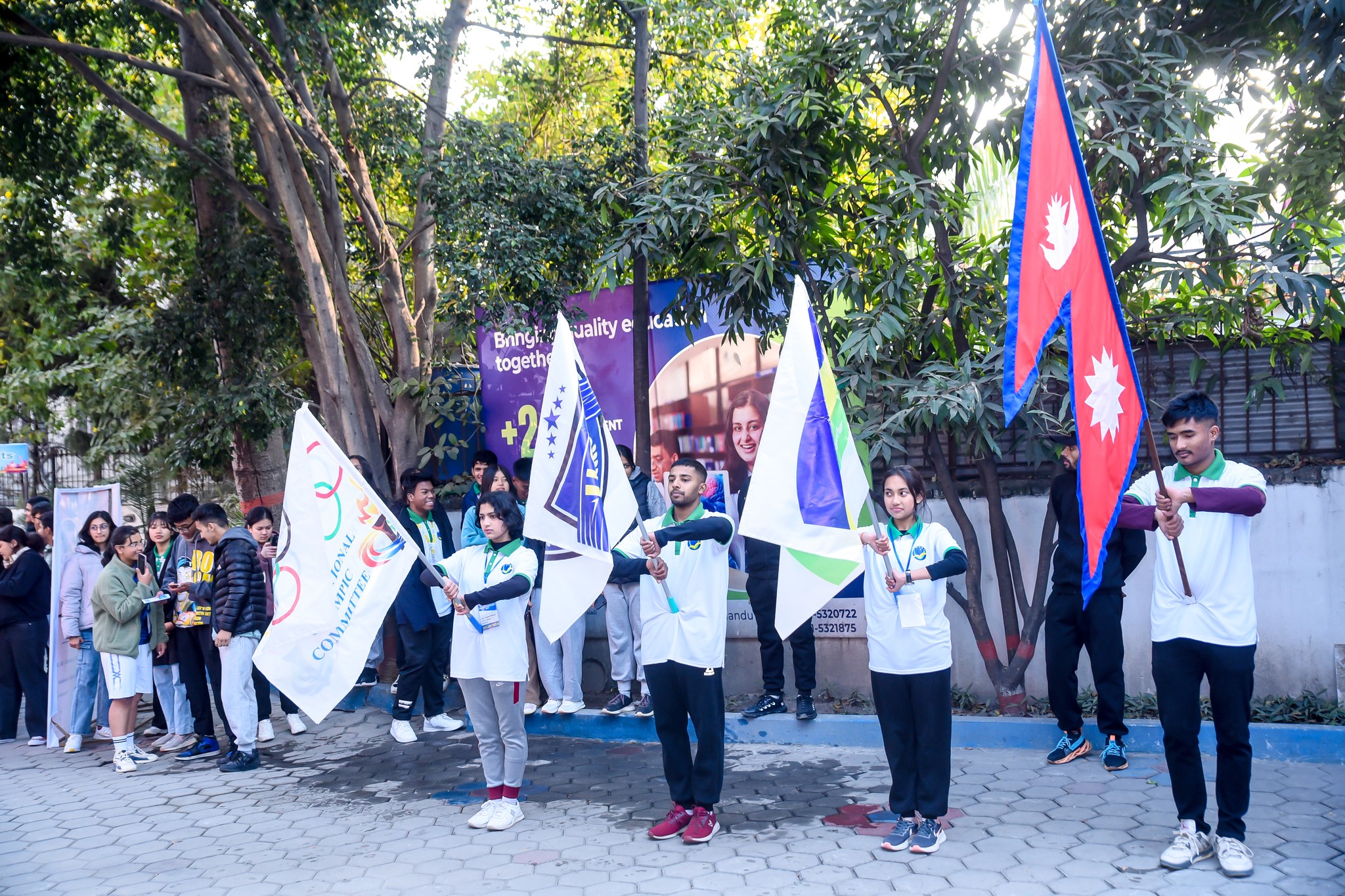“Brain drain” is a term used to describe the emigration of individuals, often referring to the migration of skilled workers from one country to another. While one country experiences a “brain gain” with the influx of skilled migrants, the other undergoes a “brain drain.” This phenomenon occurs due to various factors, both pushing and pulling.
Push factors may include lack of employment opportunities, job insecurity, inadequate earning potential, and limited access to education. On the other hand, pull factors may involve the promise of better solutions to these problems, leading to a brighter future and improved security for individuals and their families. Brain drain can result in several problems for the nation from which people are migrating, including a shortage of skilled human resources for development, reduced tax revenue collection, insufficient infrastructure development, and an overreliance on an aging population, particularly among women and children who depend on them.
The problem of brain drain is particularly prevalent in developing countries like Nepal, where there is a lack of proper employment opportunities for the growing population. Over the decades, many Nepalese people have migrated to foreign countries in search of better job prospects. These migrants can be categorized into two groups: students seeking higher education abroad and unskilled workers, often middle-aged men, seeking employment in Gulf countries to support their families.
While highly educated individuals seek opportunities abroad to interact with intellectuals from around the world, unskilled workers often engage in manual labor to improve their financial status. However, the push and pull factors driving brain drain are not solely economic; political instability in Nepal is another major contributing factor. Frequent changes in government leadership lead to the rapid alteration of plans and policies, hindering effective execution and development initiatives.
As a result, many Nepali villages are populated mainly by elderly individuals and women, as the working-age population seeks opportunities abroad. This trend has significant social and economic consequences, including increased vulnerability for families left behind and a loss of traditional agricultural practices. The government must address these challenges promptly by creating employment opportunities, promoting agricultural and animal husbandry industries, fostering interest in traditional agriculture, and updating educational curricula to align with global standards.
In conclusion, brain drain poses a significant challenge for Nepal, exacerbated by political instability and limited economic opportunities. To mitigate its impact and encourage skilled individuals to contribute to the nation’s development, concerted efforts are needed from both government and society.
By: Prasanna Shahi (Science, C1)








